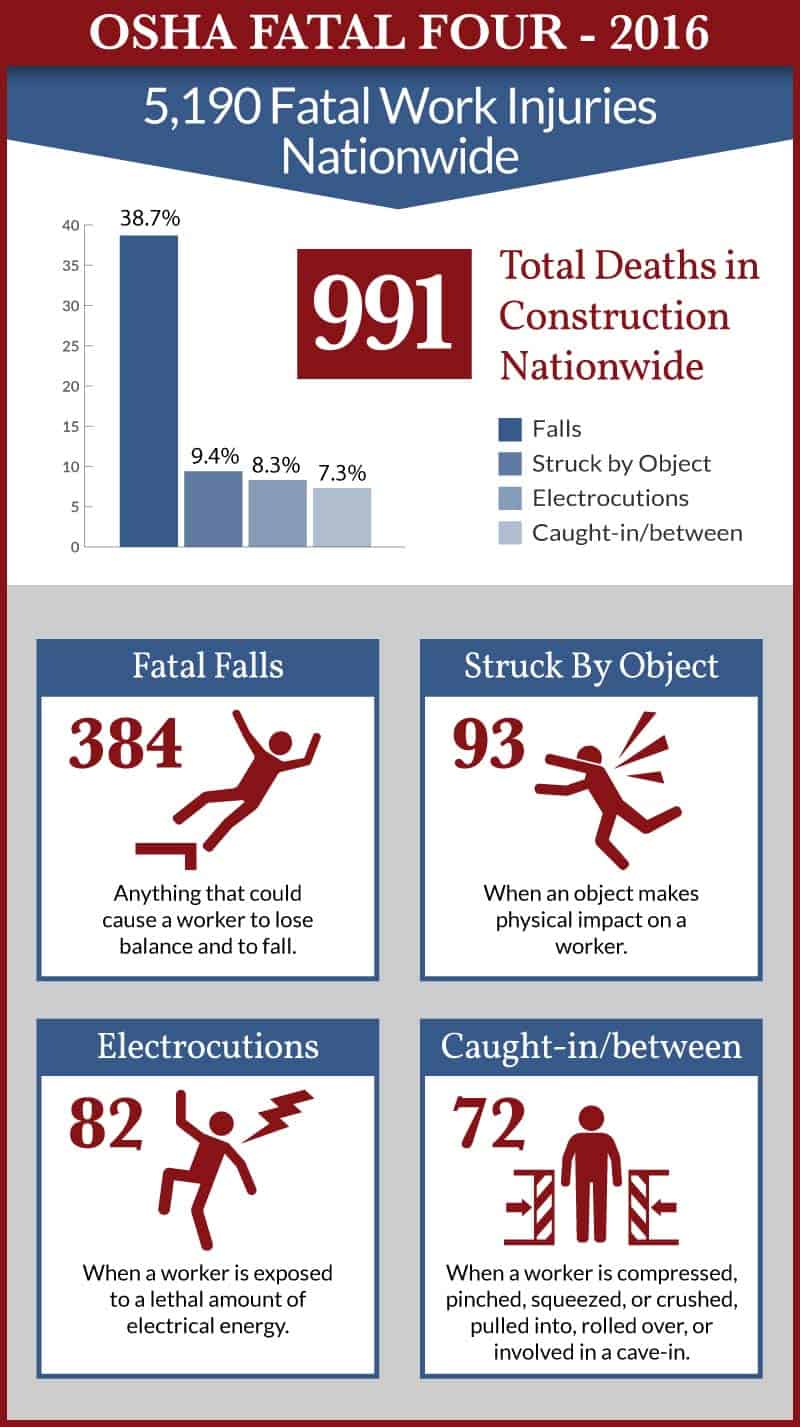Can I Collect Workers’ Compensation for a Pulled Muscle?

Much more than temporary pain or one-time soreness, muscle injuries often can be serious, even disabling. In some cases, they can result in severe and lasting pain. Some muscle-pull injuries can cause permanent damage to the ligament or muscle, and should be taken seriously, as continued use of a pulled or overstrained muscle can cause more damage. When these injuries happen on the job, medical attention should be made available without delay, and all treatment should be covered by the employer.
What Work Activities Can Cause a Pulled Muscle Injury?
Pulled muscles can result from overexertion when performing a very physically demanding job, but this type of injury has also been known to occur in people who have sedentary occupations, too. A person can get a pulled back from intense physical labor like digging ditches, but also from attempting to relocate a heavy box next to their desk. Furthermore, the strain injury may be from a completely light-exertion activity like typing, as with carpal tunnel syndrome. Slip and fall injuries are also common sources of muscle injuries. Besides likely bruising, muscles can suffer additional damage when the fall causes the person to reach for a railing or structure to keep them from falling, or when the person is twisted or jolted out of alignment by hitting something on the way down.
What Types of Jobs Put Employees at Risk of Muscle Injuries?
Manual labor jobs like those in the construction industry are at high risk of muscle injuries. Lifting, carrying, and supporting heavy building materials is an integral part of the job that puts construction employees at risk of injury.
Factory workers and warehouse personnel are also at risk. Factory workers may have to use the same motions to operate heavy machinery or perform the same task repeatedly throughout the workday. People who stock shelves or fill orders in a warehouse can become injured as they replenish or retrieve heavy packages or boxes, reaching, lifting, or twisting their bodies as they work.
Other jobs that require lifting and maneuvering heavy or awkwardly balanced weight include nurses and other hospital medical technicians, or nursing care specialists. Helping patients or using medical machines and equipment can be physically taxing.
What Parts of the Body are Susceptible to Pulled Muscle Injuries?
Any body part with muscles can be affected by a pulled muscle injury. A common location of muscle injury, the neck and back, can be affected by serious overstrain in a job that involves physical labor, but these areas are also prime for those who find themselves sitting incorrectly for long periods, as one might if they are leaning over their work or reaching at odd angles.
What Does a Workers’ Compensation Claim for a Muscle Strain Cover?
The injury must be serious enough to affect their ability to work or cause significant discomfort that requires medical intervention that can be documented to support the claim for benefits.
A successful claim for Workers’ Compensation after a muscle injury should cover any medical bills associated with the injury, including initial medical consultations, follow-up visits, tests, and any recommended physical therapy sessions or medications. Additionally, Workers’ Compensation should cover any lost wages that were incurred as a result of not being able to return to work while the injury is healing.
What Should an Employee Do If They Experience a Muscle Strain Injury at Work?
Any employee who becomes injured at work should immediately report their condition and symptoms to their employer. They should seek medical treatment as soon as possible. If necessary, see a doctor even before the Workers’ Compensation claim is approved. A successful claim will reimburse any costs for these visits. Importantly, if the claim is denied, an appeal will require proof that the injury was taken seriously by the employee. This can be most convincingly proven with medical records indicating that a doctor agrees that the injury is serious. The doctor’s notes can also establish a timeline that can link the injury to an accident or condition associated with the employee’s work.
Philadelphia Workers’ Compensation Lawyers Freedman & Lorry, P.C. Help Injured Employees Collect Benefits
If you were hurt at work, you should be eligible for benefits through your employer’s Workers’ Compensation program. The experienced Philadelphia Workers’ Compensation lawyers at Freedman & Lorry, P.C. can help you determine if your injury should be covered. We can help you prove your claim. Fill out our online form or call 215-925-8400 to set up a free consultation. From our offices in Philadelphia and Cherry Hill, New Jersey, we serve clients throughout Pennsylvania.
